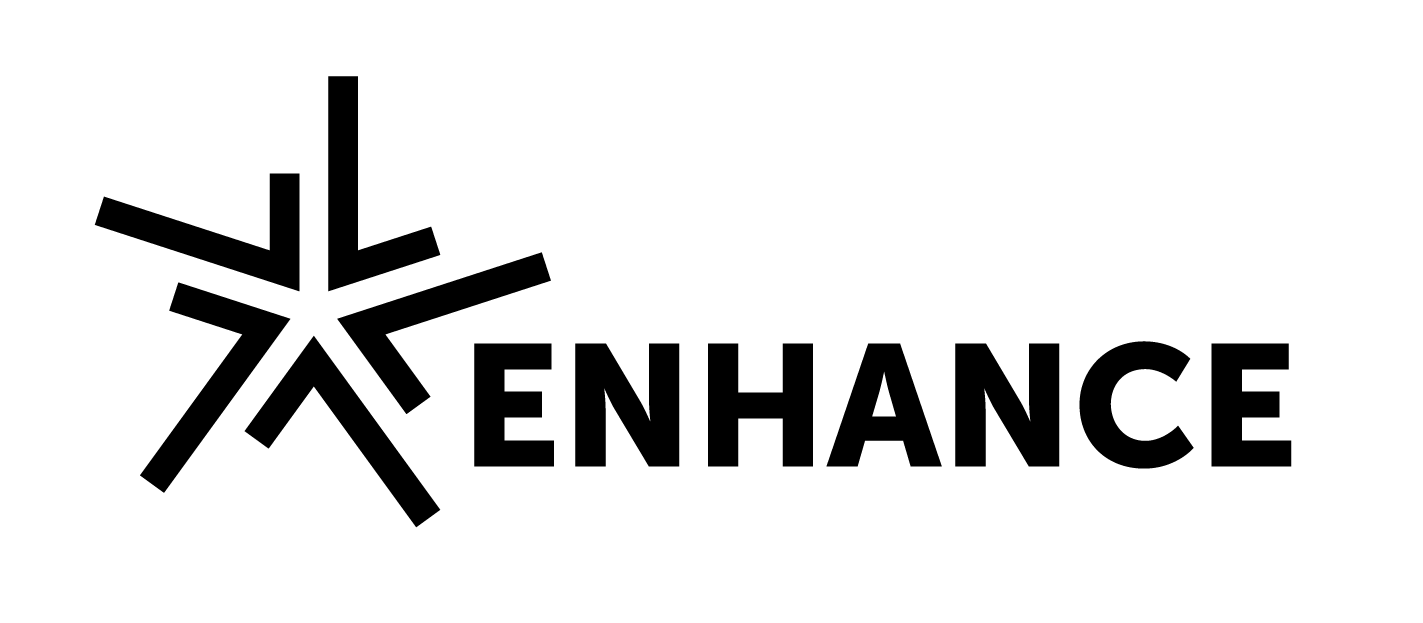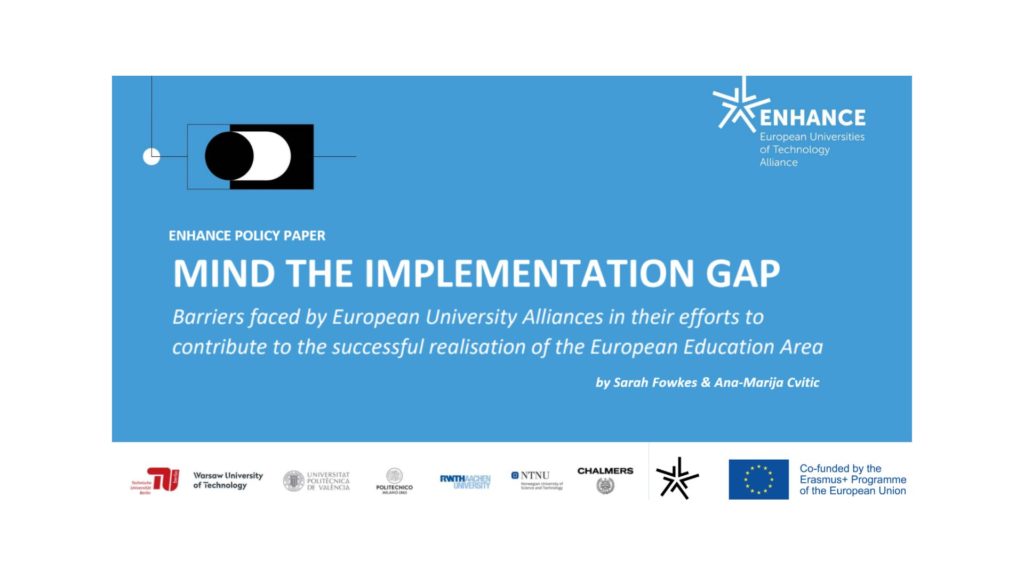By Sarah Fowkes & Ana Marija Civitic
The European Commission Communication on achieving the European Education Area (EEA) by 2025 emphasises that this can only happen with reinforced transnational cooperation between universities, highlighting the critical role the European Universities Initiative has to play in achieving these ambitions.
The breadth of the envisaged transformation which touches on so many different aspects of higher education – from student mobility to innovative skills teaching, to inclusion procedures – means that the nature of challenges faced by universities is similarly diverse. Many of these issues are not wholly new challenges for our universities, but the nature of the transnational cooperation being pursued by the European University Alliances has brought some new matters to light.
This paper explores two major areas where European University Alliances are actively driving transformation, and examines some of the related implementation barriers, namely 1) Micro-credentials and other joint short-term learning offers, and 2) Short-term and virtual mobility. These issues are exemplary of the challenges that emerge in the pursuit of this deep transnational collaboration – such as aligning different institutional structures and fostering increased flexibility and change within these structures, balancing different national policy approaches to accreditation, student status, or quality assurance, and working within the constraints of short-term funding frameworks.
The ambitious vision outlined by the European Commission acknowledges that to make the EEA a reality substantial transformation, including new policy frameworks, will be needed. And indeed, the implementation challenges outlined in this paper cut across institutional, national and European level infrastructure and regulatory frameworks. European University Alliances are therefore called upon to explore remedial actions at these different levels in order to overcome these barriers and advance with the EEA ambitions.
With commitment to the necessary regulatory changes across the different levels, European University Alliances will be well placed to fulfil their potential to reach the ambitions of the EEA. This paper is by no means exhaustive and as alliances continue to explore new, transformative models for cooperation, other challenges will come to light and collectively the higher education community and policymakers must be ready and willing to address these.
We also welcome the European Commission’s intention to support European University Alliances and their members in examining the need for and feasibility of an institutionalised cooperation instrument, for example via the Pilot Call published in June 2022. A compounding challenge for alliances can be the difficulty to efficiently pool human and other resources, share infrastructure and transfer technology. Whilst some alliances have already chosen to pursue national legal entity solutions, a European level instrument specifically designed for the needs of large transnational higher education alliances would have great potential to alleviate some of the administrative challenges which currently cost alliances significant time and resource.
We hope the challenges explored in this paper and the corresponding recommendations will provoke further engagement and action at the necessary levels and welcome complementary perspectives from other European University Alliances and institutions working to overcome these and similar barriers to the full implementation of the European Education Area.
Download Policy Paper document here:

